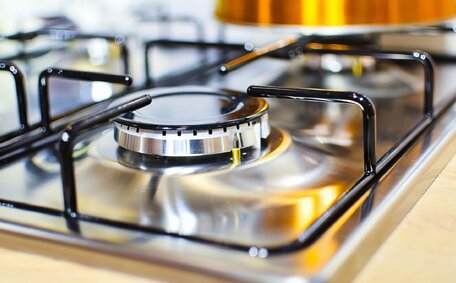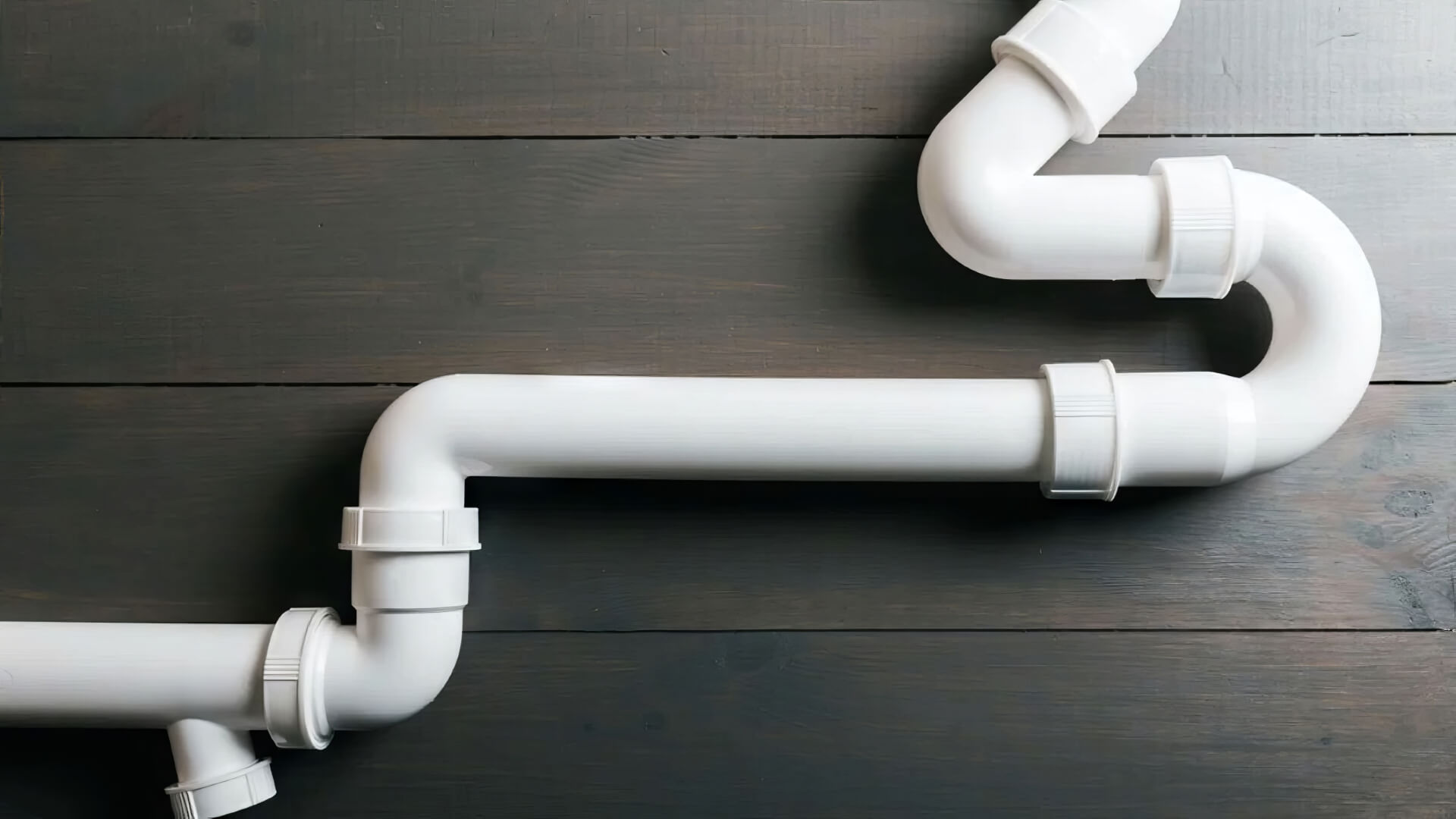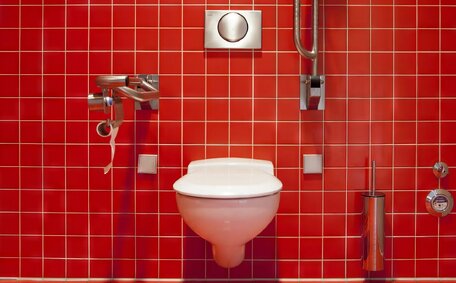Locating Your Home’s Main Water Shutoff Valve
Being aware of the locale for your plumbing’s main shutoff valve is vital in any plumbing exigency. Being proficient in rapidly executing a shut off of the water supply in the first place is instrumental to protect your pipes from experiencing significant damage.
It’s imperative for homeowners to know when call is necessary if they’re unsure where the main water line enters their residence, as this is typically where the main water shutoff valve is for your home’s plumbing. Knowing where the critical areas that house your homes plumbing such as the basement, garage, utility room, or exterior spots close to the foundation can aid in quickly locating your main water valve, typically near the water meter. The water valve itself will appear similar to a spigot or a tap handle, a crucial detail that everyone should be familiar with.
Make use of these plumbing tips which can easily help you understand your home plumbing layout and pinpoint the location of your main water valve:
- Survey the area close to your home’s foundation, aiming to prevent costly mishaps by keeping your principal valve encased or visibly marked where the main water shutoff is located, usually close to the heart of your home’s plumbing system.
- Look along walls in your basement, garage or utility room for a large pipe coming through the wall - trace this back to find the shutoff valve.
- Know where your water meter is and scour the adjacent areas for the shutoff valve when water pressure drops.
- Consult your home’s floor plans which can illustrate where main plumbing lines and valves are, the source of many common plumbing problems, if available.
- Knowing when to call a professional plumber can speed up the process of locating the shutoff valve, safeguarding your family’s well-being in the very moment you need it.
Once located, make sure to smoothly shut off the water flow as it becomes a part of your plumbing project, adhering to these plumbing safety tips in case of an emergency. Consider tagging the valve with a marker that’s highly visible to your eyes for easy identification.
Understanding when to act on your knowledge of issues can help prevent mishaps by swift action during a plumbing emergency, potentially saving your homes plumbing system time and stress.
Conducting Regular Plumbing Inspections
Implementing a few plumbing tips through regular maintenance checks and inspections can ensure that common plumbing issues are resolved before they balloon into serious problems. It’s necessary for homeowners to comprehend that proactive plumbing checks can serve as an early warning system to prevent imaginable dysfunctions, maintaining prime condition annually.
When working on an inspection, call licensed professionals if you notice any of the following potential plumbing issues:
- Leaking tap or showerheads - Persistent dripping can damage your house by causing harm to washers/seals over time.
- In contrast to low water pressure, be mindful of unusually high water pressure, as this can stress your plumbing system and lead to leaks or pipe damage.
- Leaking pipes under sinks or toilets.
- Cracks in toilets/cisterns - hairline cracks can lead to leaks.
- Noisy pipes indicating internal corrosion.
- Stains on walls/ceilings suggesting unseen leaks.
- Slow draining sinks/tubs means potential clogs.
Also take the time to review your water bills and inspect your pipes and less visible plumbing components like:
- Water heater for leaks, rust and odd sounds.
- Pipes fixtures and your water shutoff valves should be checked for their ease of turning, thereby helping to ensure functioning plumbing in your home.
- Underneath sinks for signs of water damage.
Make a note of any small concerns and keep a log to assess if DIY solutions are adequate for some issues, or to determine when professional assistance is required. Promptly rectifying issues or knowing when to call professional plumbers can save time and money, thereby circumventing ongoing complications that vex homeowners.
Clogged Drains Prevention
Occupants can utilise tips every homeowner should know to take on a variety of simple plumbing tasks, keeping the system in good shape and ensuring clear drains:
- Avoid pouring fats, oils, and grease down your drain in your kitchen to prevent substances that could clog your pipelines and lead to costly repairs. Allow cooked oils and grease to fully cool and solidify before disposing in the trash.
- Use drain covers and sink strainers to catch food scraps, preventing them from going down and reaching your garbage disposal, ensuring you empty them regularly.
- After using the kitchen sink, let hot water goes down for a short time to ensure that grease is effectively washed away, thus preventing blockages.
- You should never flush anything other than human waste and toilet paper down the drain, as any other items can cause clogs. Items like wipes, tissues, cotton balls and pads can accumulate and can pose serious risks of clogging.
- Deploy these products, like a plunger drain cover in your shower drain, to help prevent any hair and soap scum before it enters pipes.
- Monthly, clean your shower drains by pouring a concoction of boiling water, baking soda, and vinegar down to dissolve grease and clear pipes.
- Have pipes professionally inspected and cleaned annually to remove accumulated debris and identify potential problems early on.
Following these recommendations can help prevent accumulations of fats, soap scum, hair, and other debris in your drains, ensuring care your plumbing receives is effective. This preventative approach circumvents the need for expensive repairs down the line.
Water Heater Maintenance
Utilising these tips can significantly extend the lifespan your hot water heater, ensuring its effectiveness over time. As hot water is used, hard water sediment from your pipes accumulates at the bottom of the tank. If left unchecked, this sediment eventually corrodes the unit’s components.
Flushing your water heater yearly prevents this buildup. Follow these steps:
- Turn off power to the unit and shut off water supply.
- Connect a garden hose to the tank’s drain valve and route it to a nearby drain or outdoors.
- Open the drain valve and allow water flow until it runs clear.
- Close the valve, disconnect the hose and restore water supply.
- Inspect fittings for leaks as the tank refills. Tighten if needed.
- Restore power once tank is full.
Additional care for your hot water system strategies encompass inspecting pipes and fixtures for corrosion, verifying temperature and pressure relief valves are unobstructed, and discharging any sediment at the tank’s foundation biennially.
Performing regular maintenance can extend your water heater’s life and improve its efficiency, thus avoiding expensive premature failure. You may consider arranging yearly servicing with your local licensed plumber.
DIY Troubleshooting Tips
While minor plumbing projects can be DIY, more intricate plumbing work should be handled by a licensed plumber with the essential tools and methodologies. This wisdom helps discern the actions you can do for minor issues, potentially sparing costs on predicaments you can manage.
Stock your home with indispensable DIY tools can adeptly meet basic plumbing needs:
- Plunger - The perfect tool for dislodging obstructions in sinks and your toilet, serving as a dedicated device for clearing blockages.
- Drain snake/auger - Reaches deeper clogs and blockages in pipes and drains.
- Adjustable wrench - Loosen/tighten slip joints, PVC fittings and showerheads.
- Bucket - Catch water leaks.
Discover a myriad of tips tricks for troubleshooting frequent plumbing dilemmas:
- Running toilet - Inspect the chain, flapper, fill valve and float for issues that might affect your plumbing pipes. Replace as needed.
- Obstructed sink/tub - Try using a plunger as your initial course of action, applying a modest dollop of petroleum jelly around the edge to seal effectively. Follow with a drain snake if needed.
- Leaky pipe joint - Tighten slip joints with an adjustable wrench. Replace worn washers if needed.
Avoid using chemical drain cleaners; instead, employ these products such as mechanical drain snakes or natural cleaning solutions that won’t damage your plumbing. Whenever feasible, use mechanical solutions such as plungers and drain snakes to prevent further damage that can be caused by chemical cleaners.
It’s essential to know when to call a professional plumber when facing plumbing issues that are beyond your DIY expertise. Seek assistance for significant leaks, no hot water, loud pipe noises or sewer gas smells as these can indicate troubles in your plumbing system in need of repair.
When to Call a Professional Plumber
As a homeowner, having basic knowledge of what to do when a plumbing issue exceeds your DIY capabilities becomes invaluable. Soliciting timely aid for complicated issues, it’s prudent to call a licensed plumber that can thwart significant situations that may otherwise damage your home.
Scenarios where you should always contact a licenced plumber to protect your house include:
- Major leaks - Significant water leaks that are difficult to isolate or stop, especially in areas like foundations, walls or ceilings.
- No hot water - Issues with water heaters, like no hot water or reduced heating capacity.
- Sewer line clogs - Clogs in underground sewer pipes that plungers or drain snakes can’t clear.
- Strange noises - Loud banging or hammering coming from pipes could signal serious issues.
- Sewer gas smell - An overwhelming rotten egg odour likely means sewer gas is leaking into your home.
- Low water pressure - Poor water pressure across all fixtures could indicate main line problems.
- Backed up tub/sink drains - Drains that suffer from a clogged drain that cannot be remedied with a drain snake.
- Running toilet - A toilet that won’t stop running despite DIY efforts merits a call to professional plumbers.
Embarking on plumbing tasks without skills can worsen issues; this is when our experienced team at Campbelltown Plumbing can offer expert assistance. Our team of expert plumbers at Campbelltown Plumbing is fully certified and equipped to accurately assess problems and implement effective solutions. Don’t hesitate to call us on 1300 349 338 or email [email protected].






